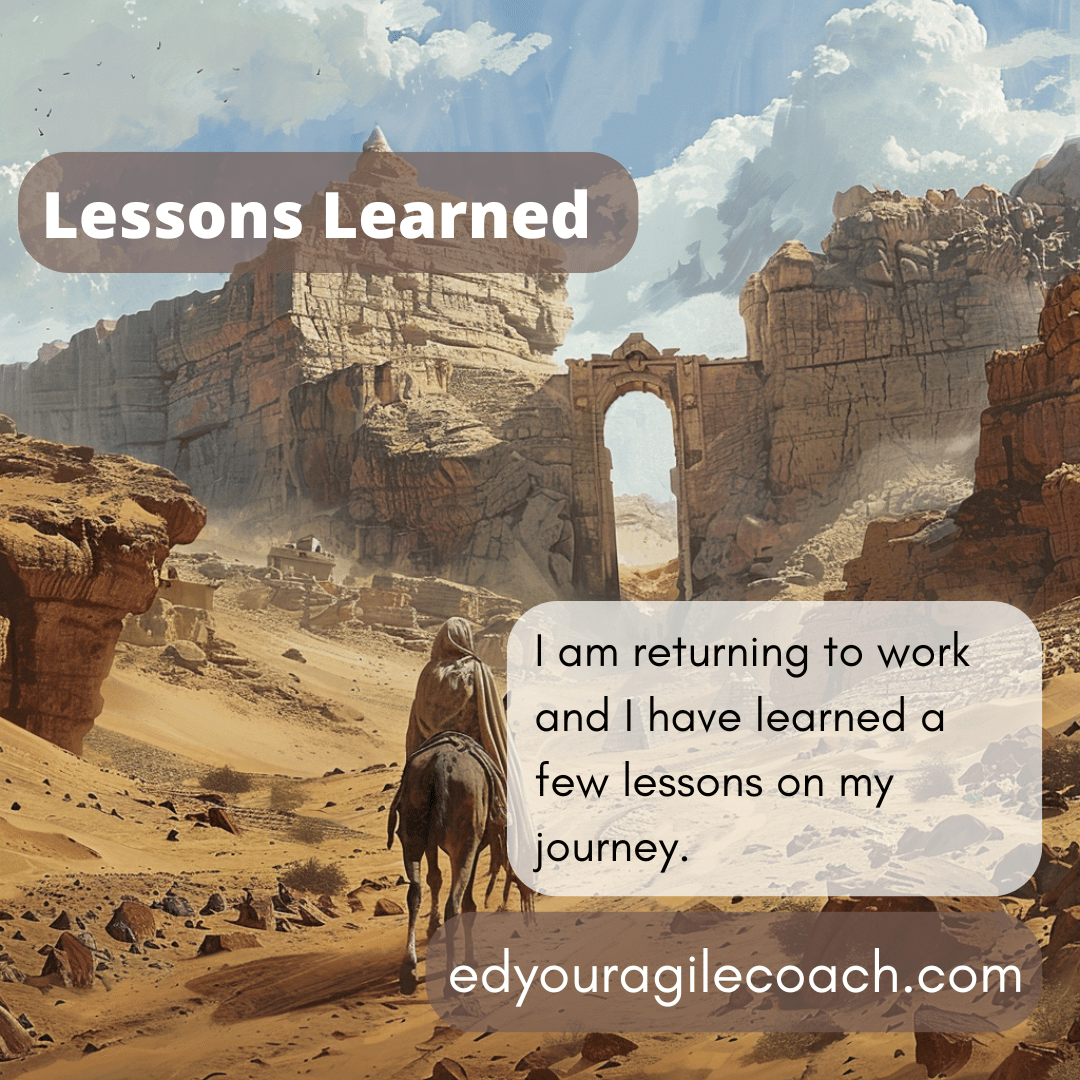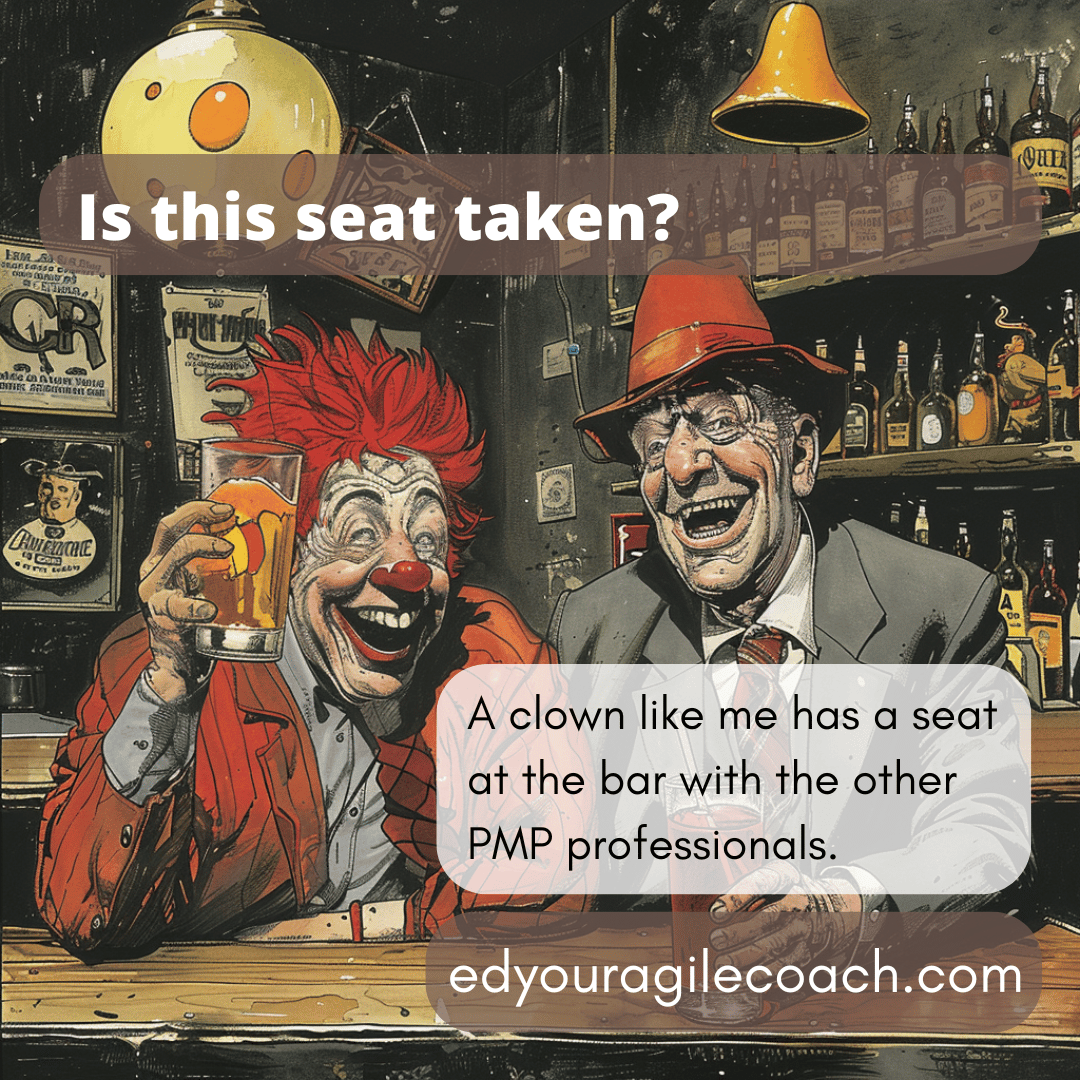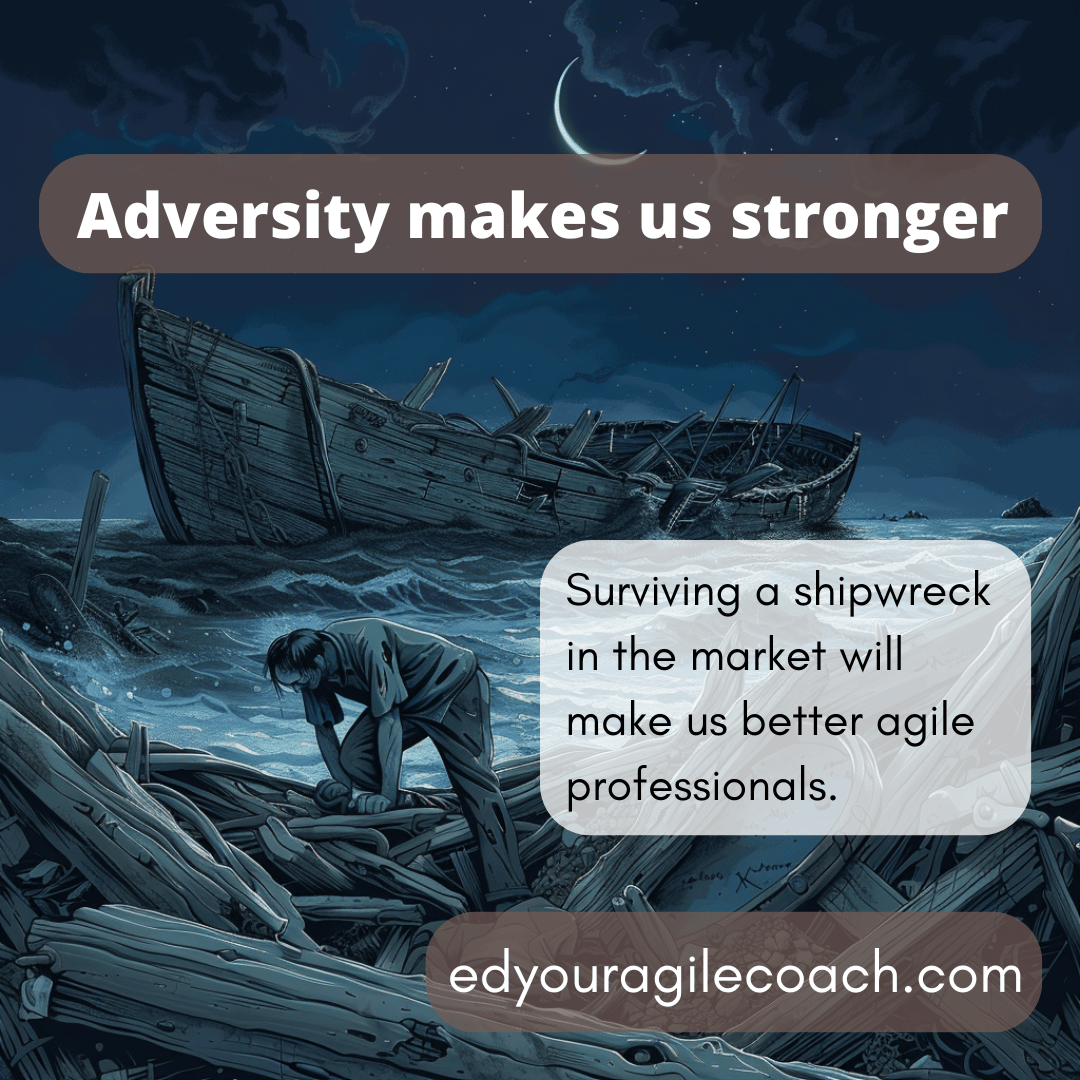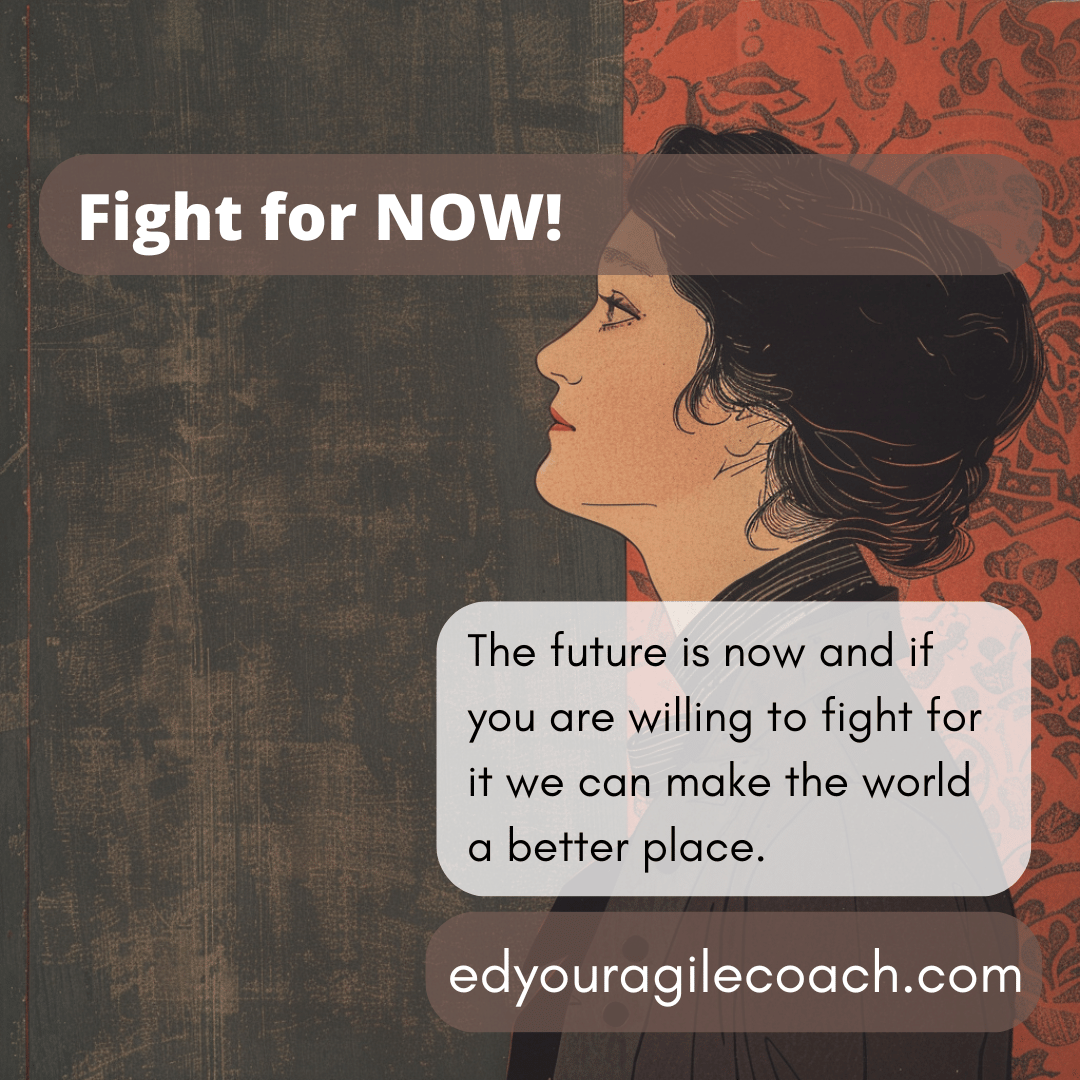Lessons learned during my sabbatical.

It is easy to become jaded and cynical during difficult times. We can wallow in our misfortune or that of the world around us. Honestly, the reality of our current situation is only possible to understand once you have time and distance to reflect on the outcome. I am returning to work this week after a five-month involuntary sabbatical. I discovered a few things and want to share them today.
When you are a professional, you do not spend much time reading for pleasure or enrichment. Your primary responsibility involves reviewing contracts, white papers, and documentation. When not reviewing these materials, you write them for other business people. It feels like an intellectual merry-go-round where everything is spinning, and the music never stops. Losing your job stops the music and forces you to make choices with your time. Suddenly, you can read whatever you want and catch up on some things you ignore.
I did not watch much television, but I did read plenty. I decided to get ready for the new Dune movie by rereading Frank Herbert's Dune: Messiah. Along with Frank Herbert, I revisited another favorite author, Albert Camus, and his book, "The Rebel," to see why it caused such a split in existentialism. I enjoyed Tiffany Bova's book on "The Experience Mindset," but the most important books I read were by Victor Frankl.
Frankl survived the Shoah during the Second World War, but his parents and wife were not as fortunate. Surviving an experience where human beings were at their worst could have made Frankl bitter and vengeful; instead, he became a leading proponent of a type of psychiatric treatment called logotherapy and authored one of the underrated books of the twentieth century, "Man's Search for Meaning."

In the book, Frankl gives an account of his experience in the extermination camps and talks about the various strategies the survivors use to stay alive and maintain hope. Amid the hunger, beatings, cold, and indignities of being a concentration camp prisoner, the worst was the effort to grind hope out of the inmates. The common characteristics of camp survivors were a rich inner life of imagination and a sense of mission to survive the experience. Frankl quotes Nietzsche when he says, "He who has a why to live for can bear with almost any how."
Later in his book, her provides three types of whys that motivate all of humanity they are –
1) By creating a work or doing a deed.
2) By experiencing something or encountering someone.
3) By the attitude we take toward unavoidable suffering.
Frankl talks about how the hungry hallucinations of his first wife provided him with guidance in the camps. His fantasies of leading scholarly lectures motivated him daily, and the suffering in the camp changed him to be a better doctor and person. In the words of David Brooks, Frankl was "broken open" for his fellow humans.
During the dark times of my job search, I had to reassure myself that the experience had to mean something. Word of mouth is essential because someone hired me after a series of interviews and my reputation as an agilist. Other firms gave me personality tests, mathematics exams, and multiple interviews with panelists of people ranging from Vice-Presidents to software developers.
The broken traditional career pipeline and businesses' fear of bad hires tell me something important. With their access to a vast pool of talented tech professionals, large companies can afford to be selective. Not hiring anyone is a safer bet for them than taking a chance on a new prospect who might not work out. I realize this, so I will step up my networking efforts to make sure I am noticed again in my next job search.
I also learned the importance of my family connections. My parents and significant other provided me with the emotional support I needed during this challenging period. I understand that this is the second reason for meaning, according to Frankl.
Finally, the experience caused me to recommit to the Agile Reformation. Talk about the death of agile is just that – talk. Organizations must meet customer expectations better and create an experience mindset within their workforces. It is up to committed professionals like me to help them find their way and help them improve. The only way to reduce the fear we see in the corporate world is to make it more agile so that profits and psychological safety can coexist. It means trusting employees to finish the work and forgetting eighty years of top-down management, but the results will speak for themselves.
So, my commitment to agile has strengthened. I appreciate the support of my family more and discovered that networking and reputation are more important than credentials—suitable lessons to learn after a five-month sabbatical.
Until next time.




Comments ()